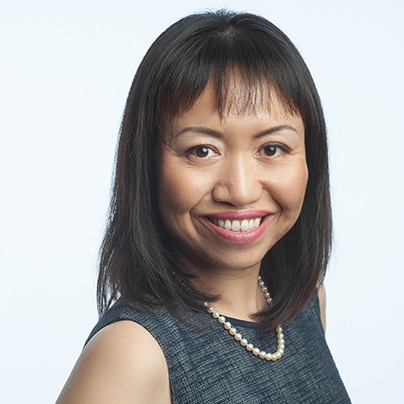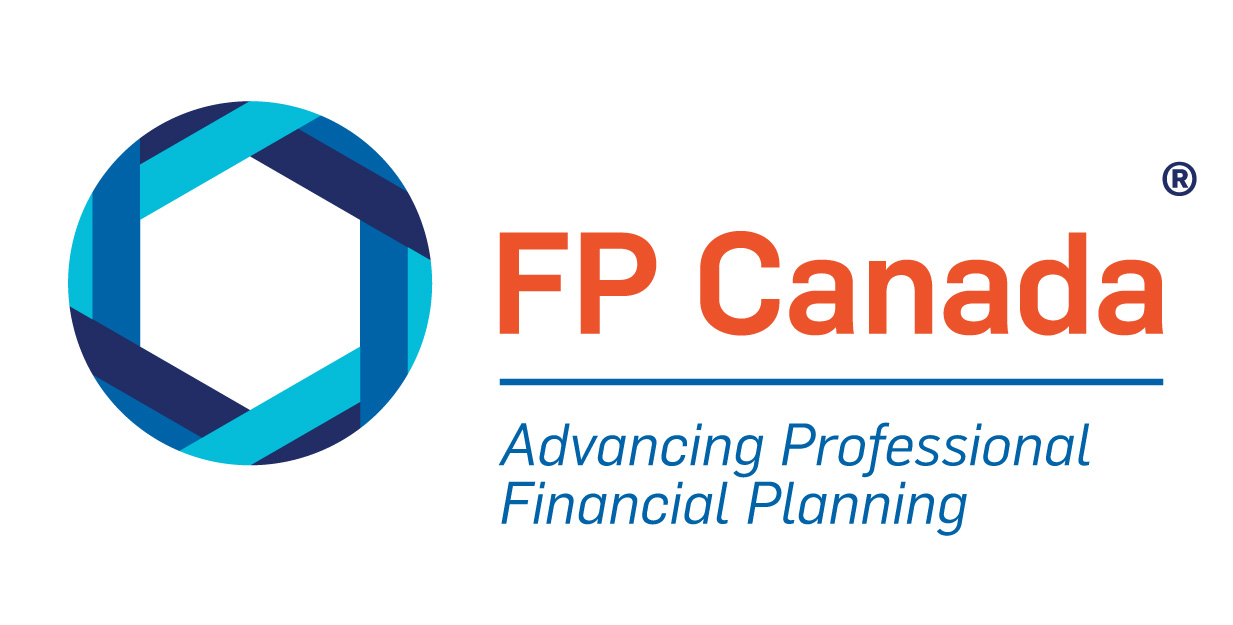Is retirement right around the corner? Ensure you have everything in place to avoid unnecessary stress down the road.
Most Canadians dream of the day when, after working hard all their lives, they’re ready to transition to enjoying life on their own terms, whether that means travelling, indulging in hobbies, or something else altogether. Enlisting a Certified Financial Planner® professional or Qualified Associate Financial Planner™ professional can ensure you’re prepared for this exciting change. The first step is establishing some key numbers that can serve as guideposts on your path to a healthy and happy retirement.
Here are four questions to ask yourself before you retire.
What do I Want to do in Retirement?
Are you going to continue to work part-time? Do you want to move to a sunnier climate for the winter, or spend weeks every year travelling? Maybe you want to go back to school or volunteer. Whatever your preference, it will have a big impact on how much money you’ll need to comfortably retire. Once you’ve answered this question, you and your financial planner can start looking at the logistics of making it happen.
Do I Have Enough Money to Retire My Way?
It’s common for people to retire based solely on one number: their age. But it’s important to determine whether you truly have enough money to do the things you want to do in retirement. Will a monthly income based on your savings and other sources such as government benefits be enough? What is the dollar figure you’ll be comfortable with?
To determine where you’re at, consider working with a CFP professional or QAFP® professional who can help you map out your future in a comprehensive written financial plan. They’ll ensure that you understand the income you can receive on a monthly basis from various assets, including RRSPs, TFSAs, pensions, non-registered investments, personal savings and government benefits.
This is an important process in determining whether you’ll have enough income to pay for the things you need—and the things you want—during your retirement. Your CFP professional or QAFP professional can also help you think through potential what-if scenarios that include factors like market volatility and inflation as well as when to apply for your CPP/QPP benefits. With the guesswork removed, you can feel more confident heading into retirement.
How Should I Manage My Money During Retirement?
It’s very important to have a solid cash-flow plan (more commonly known as a budget) in place to ensure you don’t run out of money. But, if you’re like many retirees, you may find that the impulse to be generous can make budgeting a challenge.
It’s not unusual for those nearing retirement to want to help out children and grandchildren. But it’s essential to make sure any monetary gifts you give are planned in advance so they don’t affect your ability to generate the income you need for your everyday spending needs.
Your CFP professional or QAFP professional can help you create a solid budget and identify your fixed expenses (those that tend not to change too much, like your mortgage or rent, utility bills, and the long-term care you may need in the future) and discretionary expenses (the little extras you enjoy, like a new couch or a trip to visit family). From there, you can strategize on how to best manage your day-to-day expenditures without spending more than your retirement income stream comfortably allows.
What is The Most Tax Effective Way to Withdraw from Your Retirement Assets?
So, what’s your number? How much should you take out from your RRSPs, TSFAs, or non-registered assets—and where should you withdraw from first? Now that you know you have enough funds for your retirement, it’s important to figure out the most tax-effective way of withdrawing your money.
Your CFP professional or QAFP professional can walk you through the potential benefits and consequences of different withdrawal options. With the right information, you’ll understand how each one could affect your bottom line today, and tomorrow (including your estate).
When it comes to financial decisions, there’s no one right answer because they should be tailored to your unique life circumstances. A CFP professional or QAFP professional can help you assess the pros and cons of various scenarios, so you can make the most appropriate decisions for you and your future.
To find a financial planner in your area who can help you map out your retirement, visit use our Find Your Planner tool.

Kelly Ho, CFP, is Partner at DLD Financial Group Ltd. in Vancouver.

 Find Your Financial Planner
Find Your Financial Planner



